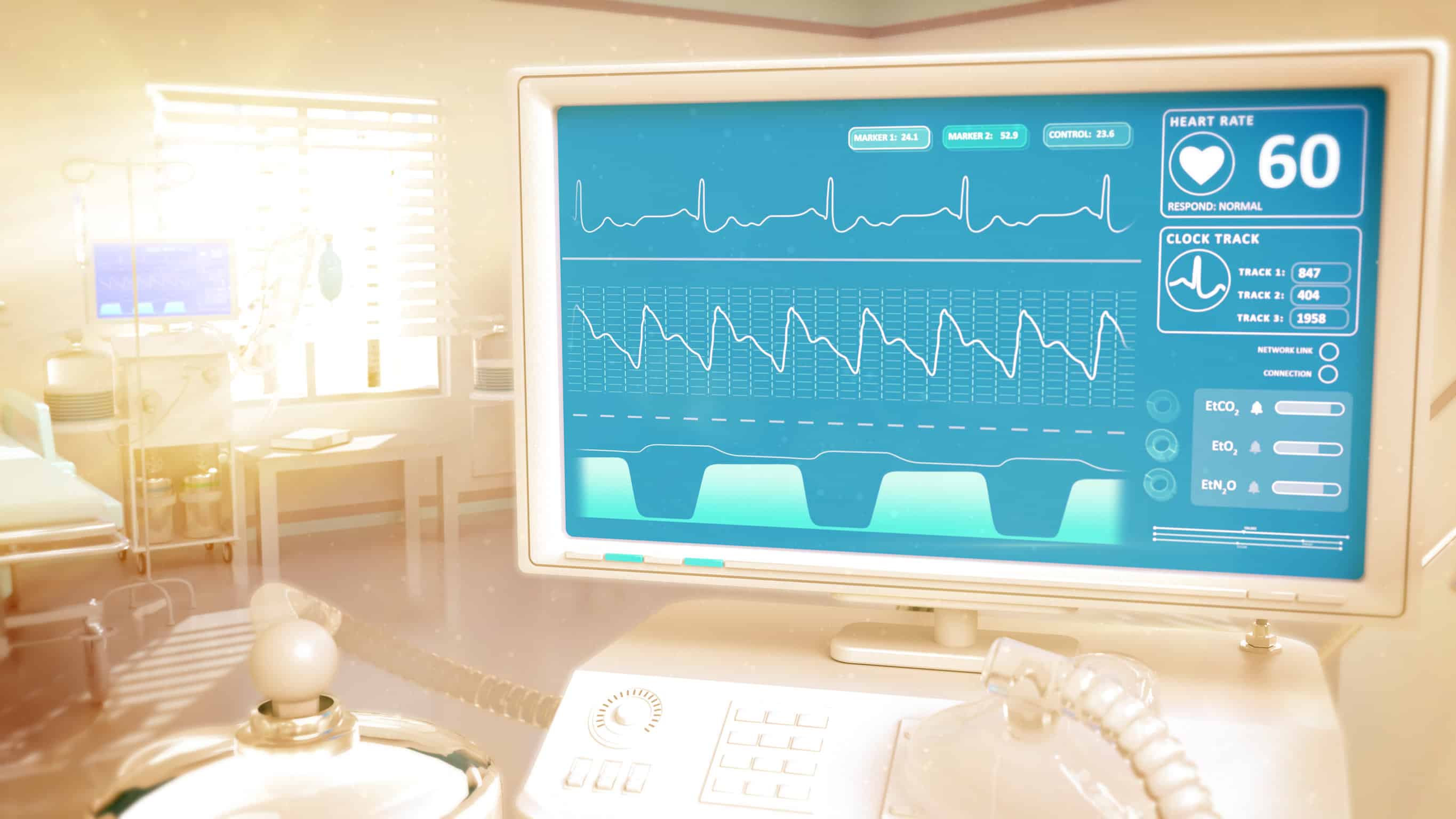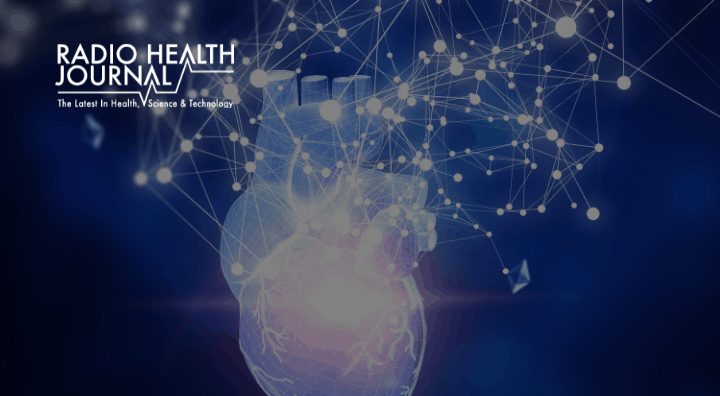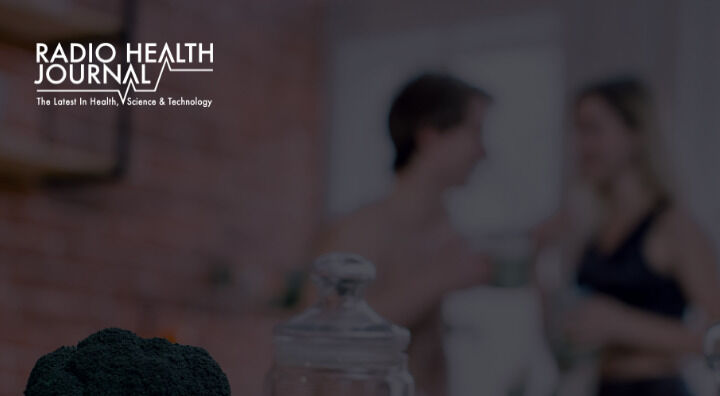Medicine in intensive care units (ICU) has become so technically focused that many doctors believe they’ve lost their connection with the humanity of patients. The result is a high degree of post-ICU PTSD, also known as post intensive care syndrome (PICS).
Our guest this week, Dr. Wes Ely, Professor of Medicine and Critical Care at Vanderbilt University and a noted physician, discusses how doctors can humanize the ICU while still utilizing life-saving technology.
During the interview, Dr. Ely explains, “I now really value that component of my being at the bedside with these people more than I do the procedures, the beeps and the buzzers. I completely cherish looking in their eyes, holding their hands, taking care of them when they’re suffering and being present with them… not feeling sorry for them, but being with them. And that’s the big difference.”
Guest Information:
- Dr. Wes Ely, Professor of Medicine and Critical Care at Vanderbilt University; Grant W. Liddle Chair in Medicine; Associate Director of Critical Illness, Brain Dysfunction and Survivorship (CIBS); and author of the book Every Deep-Drawn Breath
Links for more info:
- Vanderbilt University School of Medicine – Faculty Profile for Dr. Ely
- Dr. Ely’s book Every Deep-Drawn Breath
- ‘A stay in the ICU can be terrifying. It might not get better after release.’ – The Washington Post











Leave a Reply